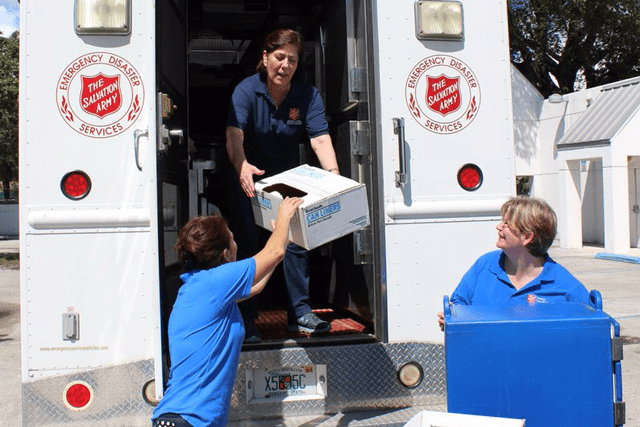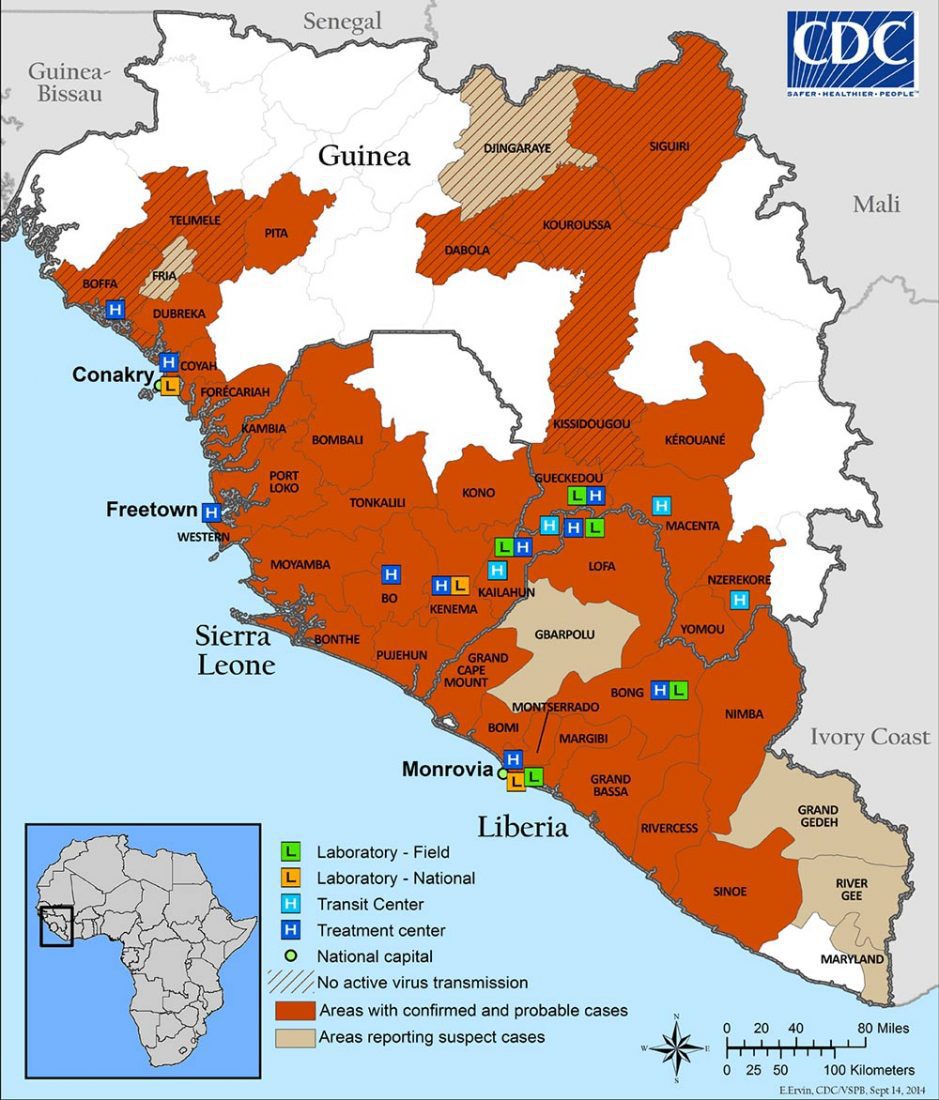Relief efforts protect youth against human trafficking.
by Sue Schuman Warner –
Amidst the chaos of survival in Haiti, where countless families are separated and children have lost their parents through death or displacement, The Salvation Army is working to protect the vulnerable young.
News stories report a growing concern for the safety of children. In an interview with CNN on January 27, 2010, Haitian Prime Minister Jean-Max Bellerive noted that child trafficking is one of the country’s most significant problems—existing even before the January 12 earthquake.
Protecting children
Colonel Helen Starrett, director of special projects, Salvation Army World Services (SAWSO) at national headquarters, explained in a telephone interview that child safety is a high priority.
“The United Nations has assigned camps to The Salvation Army near our divisional headquarters in Port-au-Prince. We provide food and water to 20,000 people—and since the families are registered, we know how many children they have and can keep tabs on them.”
Registration ensures that appropriate aid supplies can be ordered and distributed; shelter meeting U.N. approved standards can be provided; and clean water sources, medical services, and other basic necessities will be established.
According to Starrett, every food packet the Army provides has a warning on it about human trafficking, in both Creole and English. Families are told to refer any concerns and queries to Salvation Army personnel.
“There are 700 officers in Haiti. We are giving them posters with warning signs and information on keeping kids safe.” Many of the officers in Haiti are involved with the Army’s schools.
Starrett will return to that island nation in a few weeks to do an intensive training for team members and Haitians on preventing human trafficking.
While the Army has a number of children’s homes, it has no orphanages. “The Salvation Army is not in the adoption business,” she explains. “We refer enquiries to UNICEF and Save the Children.”
Over 13,384 students attend 51 Salvation Army kindergarten, primary and secondary schools throughout the country.
Getting back to normal
Getting the children’s lives “back to normal” is an ongoing goal for Salvation Army workers. That includes getting them off the streets or out of the tents and back into the classroom. The Army recently re-opened a day care center and an elementary school, which provide basic nutrition and medical treatment in addition to classes. A load of soccer balls, brought by workers from the U.S., has provided kids with a favorite activity.
“It is particularly difficult to see how this tragedy is affecting young children,” said Major George Hood, national social services secretary. “Re-opening a school here helps create a normal routine and stability for kids who have gone through so much.”












